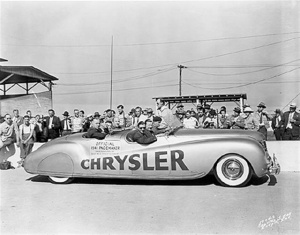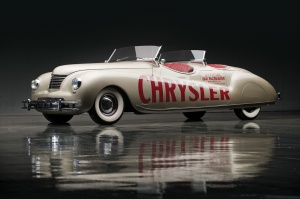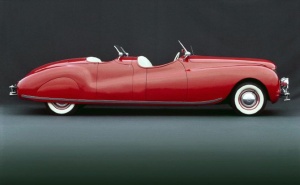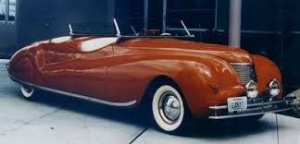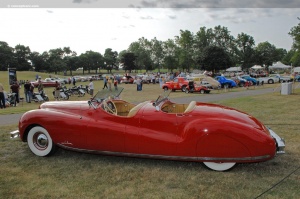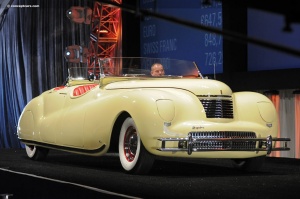Difference between revisions of "Newport Dual Cowl Phaeton"
| Line 12: | Line 12: | ||
<!-- The below are the photos that line up on the right side. Use the Upload link to upload photos of this car model and replace the FilenameUploaded/description in the below --> | <!-- The below are the photos that line up on the right side. Use the Upload link to upload photos of this car model and replace the FilenameUploaded/description in the below --> | ||
| − | [[Image: | + | [[Image:CNP1.jpg|thumb|300px|Replace the photo file name and description with appropriate for this car model]] |
| − | [[Image: | + | [[Image:CNP2.jpg|thumb|300px|Replace the photo file name and description with appropriate for this car model]] |
| − | [[Image: | + | [[Image:CNP3.jpg|thumb|300px|Replace the photo file name and description with appropriate for this car model]] |
| − | [[Image: | + | [[Image:CNP4.jpg|thumb|300px|Replace the photo file name and description with appropriate for this car model]] |
| − | [[Image: | + | [[Image:CNP5.jpg|thumb|300px|Replace the photo file name and description with appropriate for this car model]] |
| − | [[Image: | + | [[Image:CNP6.jpg|thumb|300px|Replace the photo file name and description with appropriate for this car model]] |
Revision as of 21:39, 26 November 2016
There were as many as six of these Newport Dual Cowl Phaetons produced in 1940 and 1941. Some say five examples were produced, while others swore that six were built. The car was designed as a Dream Car by Ralph Roberts. Each car was custom built, and each was painted and trimmed differently. Each rode on a RWD Imperial chassis, were powered by a straight-eight engine and a 3-speed manual transmission.
The 1941 Newport Dual Cowl Phaeton was the first Chrysler using the Newport name. Later the name was to be used on a series of 1949-1961 two-door hardtops, and finally starting in 1961 it was used on the Chrysler's entry level full-size after Desoto was killed off.
One was produced without hide away headlights for Walter P. Chrysler, Jr.
Background
The Chrysler Newport first appeared in the early 1940's. It was initially known as the Golden Arrow, then the Newport Phaeton and finally the Newport Dual Cowl Phaeton. The design was by Ralph Roberts and they were built by LeBaron under the direction of Alex Tremulis and Ralph Roberts; expanding on the idea of Duesenberg's Dual Cowl Phaeton. Production lasted from 1940 through 1941, ending due to WWII. Only five were produced for the show circuit, the goal being a Dream Car design study going on tour competing with Harley Earl's Buick Y-Job. Four were sold to private citizens after the US entry into WWII. They were all powered by an eight-cylinder engine and used a three-speed gearbox to send the power to the rear wheels. A Newport appeared at the Indianapolis 500 race in 1941 and served as a pace car.
Technical
Chassis
Imperial
Available Engines
Chrysler Spitfire" 143 hp L-head straight-8 engine with dual carburetors
Available Transmissions
- Floor Shifted 3-speed manual
- 3-speed fluid drive with overdrive
- 3-speed 'Vacamatic' overdrive (allowing clutch-less shifting between standard and overdrive ratios in second and third)
Overall Length
info needed
Overall Width
info needed
Height
info needed
Wheelbase
145.5"
Front/Rear Track
info needed
Curb Weight
info needed
Famous Examples of This Model
Movies
Actress Lana Turner owned one
Other Famous Owners
Walter P. Chrysler, the founder of Chrysler, drove one as his personal vehicle
Racing
A Chrysler Newport paced the 1941 Indianapolis 500
Names of Contributor
References
Books & Magazine References
Internet
Random Page | Longest Wikis | Oldest Wikis | Newest Images | Newest Wikis | List of Categories | List of Every Freakin Wiki
- Register to Edit
- It takes less than 5 minutes to request registration for editing, and we try to approve within 24 hours. Click the Register Link in the Top Bar.
- MoparWiki Help
- While editing Wikis may at first glance appear a little overwhelming, it really isn't. You will find this site's HELP (link found in the sidebar) to be very strong and easy to understand. The best way to start is with small edits and working on your user page -- and you will become a Pro in no time.
